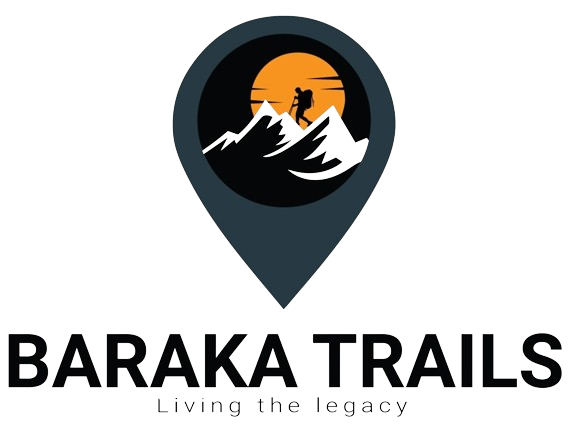Vaccination for Tanzania and Zanzibar
Vaccination for Tanzania and Zanzibar
What Vaccinations, Immunizations and Medications Do I Need?
Before climbing Kilimanjaro, it’s important to ensure you’re up-to-date on routine vaccinations and consider additional vaccines and medications based on your medical history, travel itinerary, and specific health risks associated with the region. Here are some recommendations:
Routine Vaccinations: Make sure you’re up-to-date on routine vaccinations such as measles-mumps-rubella (MMR), diphtheria-tetanus-pertussis, varicella (chickenpox), polio, and influenza.
Hepatitis A and B: Consider getting vaccinated against hepatitis A and hepatitis B, especially if you’ll be in close contact with locals, traveling for an extended period, or participating in activities that may expose you to contaminated food or water.
Typhoid: Vaccination against typhoid is recommended for travelers to areas with poor sanitation and hygiene practices, such as Tanzania.
Yellow Fever: Yellow fever vaccination is required for travelers arriving from countries with risk of yellow fever transmission. While Tanzania itself does not generally require proof of yellow fever vaccination for entry, neighboring countries may have this requirement, so check the latest guidelines.
Rabies: Consider getting vaccinated against rabies if you’ll be participating in activities that may bring you into contact with animals, especially in rural or remote areas.
Malaria: Kilimanjaro is in a malaria-endemic area. While climbing the mountain itself doesn’t typically expose you to malaria-carrying mosquitoes due to the altitude, you may be at risk before and after the climb. Consult with your doctor about appropriate antimalarial medications based on your travel itinerary and medical history.
Altitude Sickness: Acetazolamide (Diamox) is commonly used to prevent and treat altitude sickness. Consult with your doctor about whether acetazolamide or other medications for altitude sickness prevention are appropriate for you.
First Aid Kit: Pack a comprehensive first aid kit that includes essentials like bandages, antiseptic wipes, pain relievers, blister treatment, anti-diarrheal medication, and any prescription medications you may need.
Personal Medications: Bring an ample supply of any prescription medications you take regularly, as well as over-the-counter medications you commonly use. Make sure you have enough to last the duration of your trip, plus a little extra in case of unexpected delays.
Travel Health Insurance: Consider purchasing travel health insurance that provides coverage for medical emergencies, evacuation, and repatriation in case of illness or injury during your climb.
Before making any decisions about vaccinations or medications, consult with a healthcare provider who specializes in travel medicine. They can assess your individual health risks, travel itinerary, and medical history to provide personalized recommendations for your trip to Kilimanjaro. Additionally, check the latest travel advisories and recommendations from reputable sources such as the Centers for Disease Control and Prevention (CDC) or the World Health Organization (WHO)
